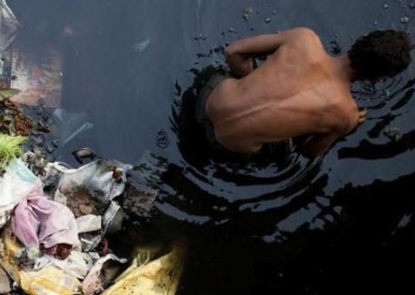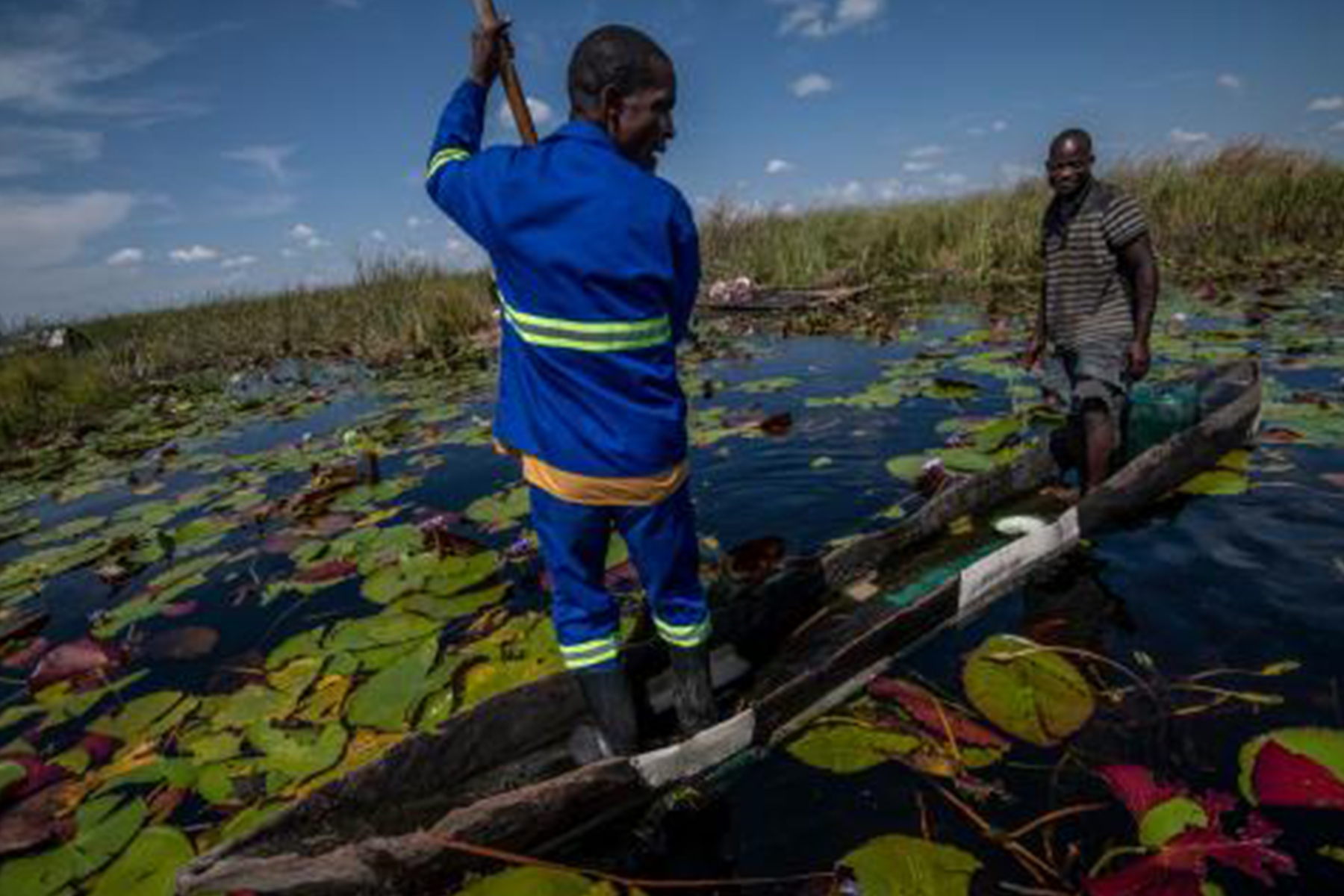Work Together. Stop Transmission. End Deaths.
StopCholera.org and the StopCholera Toolkit are a collection of practical tools and new resources created for the use of Oral Cholera Vaccine (OCV) as part of an integrated strategy to reduce cholera mortality, prevent cases, and halt outbreaks.
We work to prevent, treat, and control cholera.
The goal of the Stop Cholera website is to ensure that no one dies of cholera and populations at risk of cholera will benefit from effective interventions like early diagnosis, effective treatment, improved water hygiene sanitation (WASH) and the targeted use of cholera vaccine (OCV). The website provides tools and resources to countries and agencies that are dealing with the threat of cholera.


Cholera in the Democratic Republic of Congo
In February 2025, Drs. George and Namunesha published a report on cholera genomic epidemiology and vaccine effectiveness from a cholera surveillance project in eastern Democratic Republic of the Congo. During a four-year period (2020-2024), the team of investigators based at the Catholic University of Bukavu and the Ministry of Health in Bukavu studied 1,154 diarrhea patients, including 342 patients with culture-confirmed cholera. Whole genome sequencing on clinical and water V.

New Online Training Courses to Strengthen Cholera Surveillance and Control
The Global Task Force on Cholera Control (GTFCC) has launched new online training courses to strengthen cholera surveillance and identify Priority Areas for Multi-Sectoral Interventions (PAMIs). These resources support health authorities and practitioners in enhancing cholera control and elimination efforts.
Additional training materials are available on the GTFCC YouTube Channel. Stay informed on country's progress in PAMI identification. Share these resources and support global cholera elimination efforts!
Cholera Cases Decline in Early 2025 but Persist as a Global Health Threat
As of February 20, 2025, global cholera cases have declined compared to early 2024, with 45,731 cases and 491 deaths reported, but the disease remains a major public health concern, particularly in conflict-affected and resource-limited areas. South Sudan, Afghanistan, Yemen, DRC, and Angola bear the highest burdens, with significant fatalities in South Sudan (193 deaths) and Angola (108 deaths). Poor water and sanitation, extreme weather events, and displacement continue to drive transmission. While travellers face low risk, precautions like safe drinking water, hygiene, and vaccination are recommended. Strengthening WASH programs, expanding vaccination, and improving surveillance remain critical to eliminating cholera as a public health threat.

Nigeria to launch National Strategic Plan of Action on Cholera Control National Cholera Control (NSPACC)
The launch of the NSPACC is scheduled for February 4, 2024. It is being hosted by the Nigeria Centre for Disease Control and Prevention, The Federal Ministry of Health and Social Welfare, the Federal Ministry of Water Resources and Sanitation, and the Federal Ministry of Environment in Partnership with the Global Task Force on Cholera Control.

Oral Cholera Vaccines Can Help Save Lives
Oral cholera vaccine (OCV) is an important tool to control cholera and should be used in conjunction with conventional control measures. A Haitian child receives oral cholera vaccine during a campaign that successfully reached over 40,000 people during the cholera outbreak in 2012. © 2012 Jon Lascher, Partners In Health.

GAVI Alliance Invests in OCV Stockpile
On 22-Nov-2013, GAVI committed funds to support increasing the stockpile of oral cholera vaccines, ensuring that millions more doses of life-saving vaccine will be delivered to those in need. Integrating vaccine into cholera programs can help #stopcholera. Press Release. ©2005 Lorenz von Seidlein.

Every year cholera affects thousands of people. Vibrio cholerae, the agent which causes cholera, thrives in brackish waters of estuaries as well as in coastal seawaters, and even freshwater in rivers, canals, ponds, or lakes, if saline levels are compensated by warmth and organic nutrients. This is a picture from a swamp in Lukanga which is a major wetland in the Central Province of Zambia in Africa. Cholera continues to thrive in this region.

Oral Cholera Vaccines reduce the chances of getting infected with cholera. Taking the OCV can protect you from getting sick from cholera. The Oral Cholera Vaccine Campaign is part of the efforts to control cholera in your community, and is complementary to reinforcing access to safe water and sanitation.
ORAL CHOLERA VACCINATION FACTS
- Safely given more than 29 million doses
- Experience in more than 14 countries
- Well-accepted
- Effective in epidemic and endemic situations
- WHO prequalified
- WHO recommended
- Proven herd protection
- Available through WHO and GAVI stockpile
- Cost-effective when used strategically
Learn more: Frequently Asked Questions
